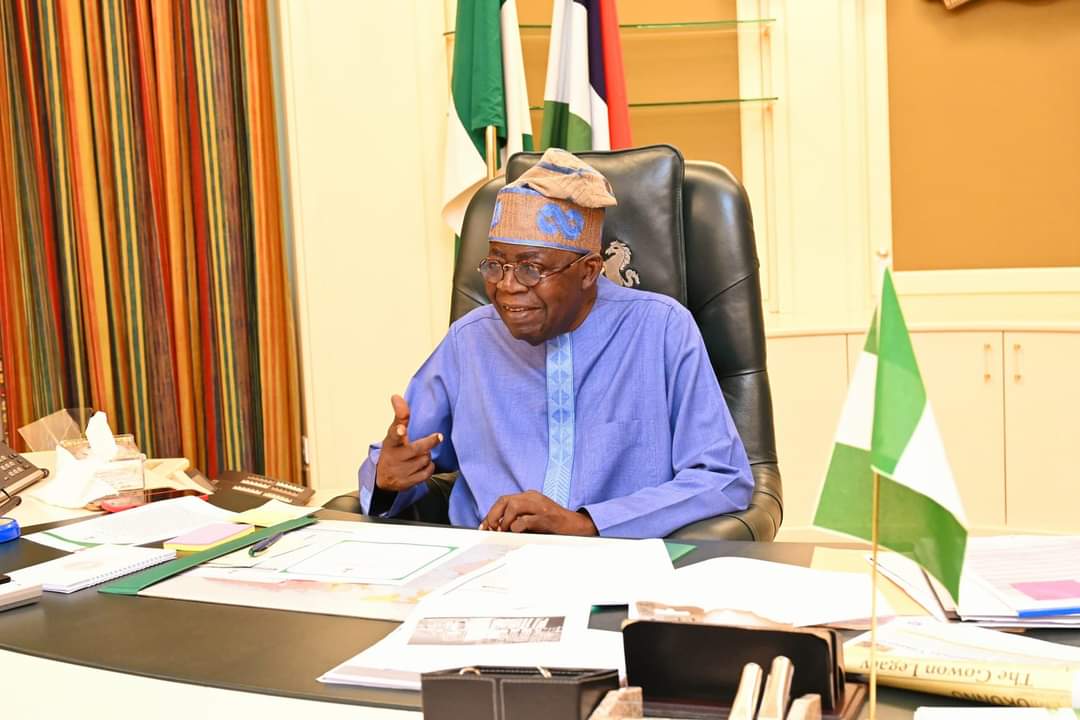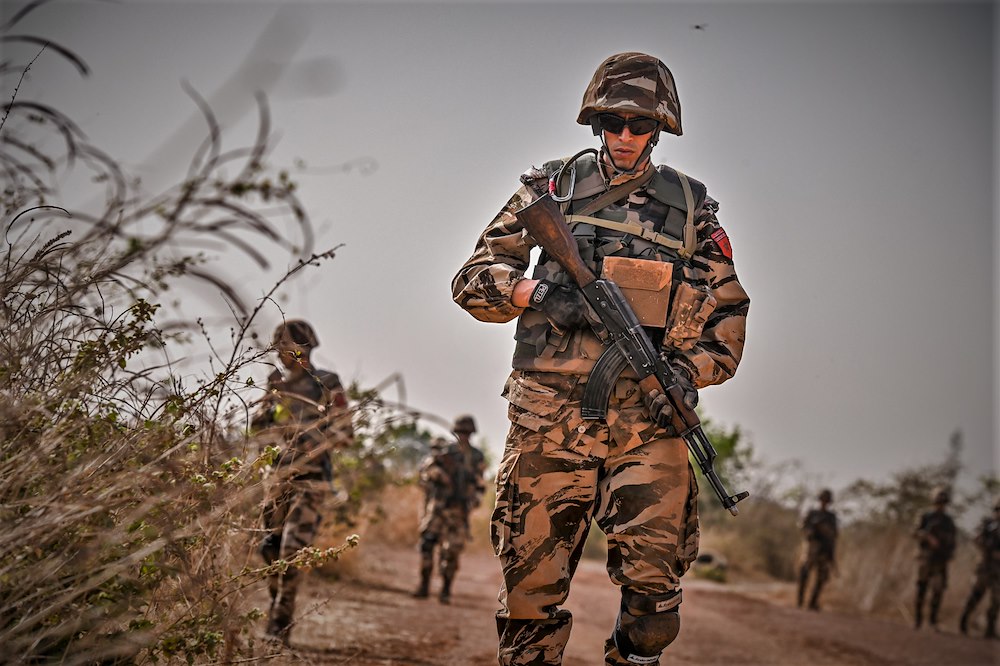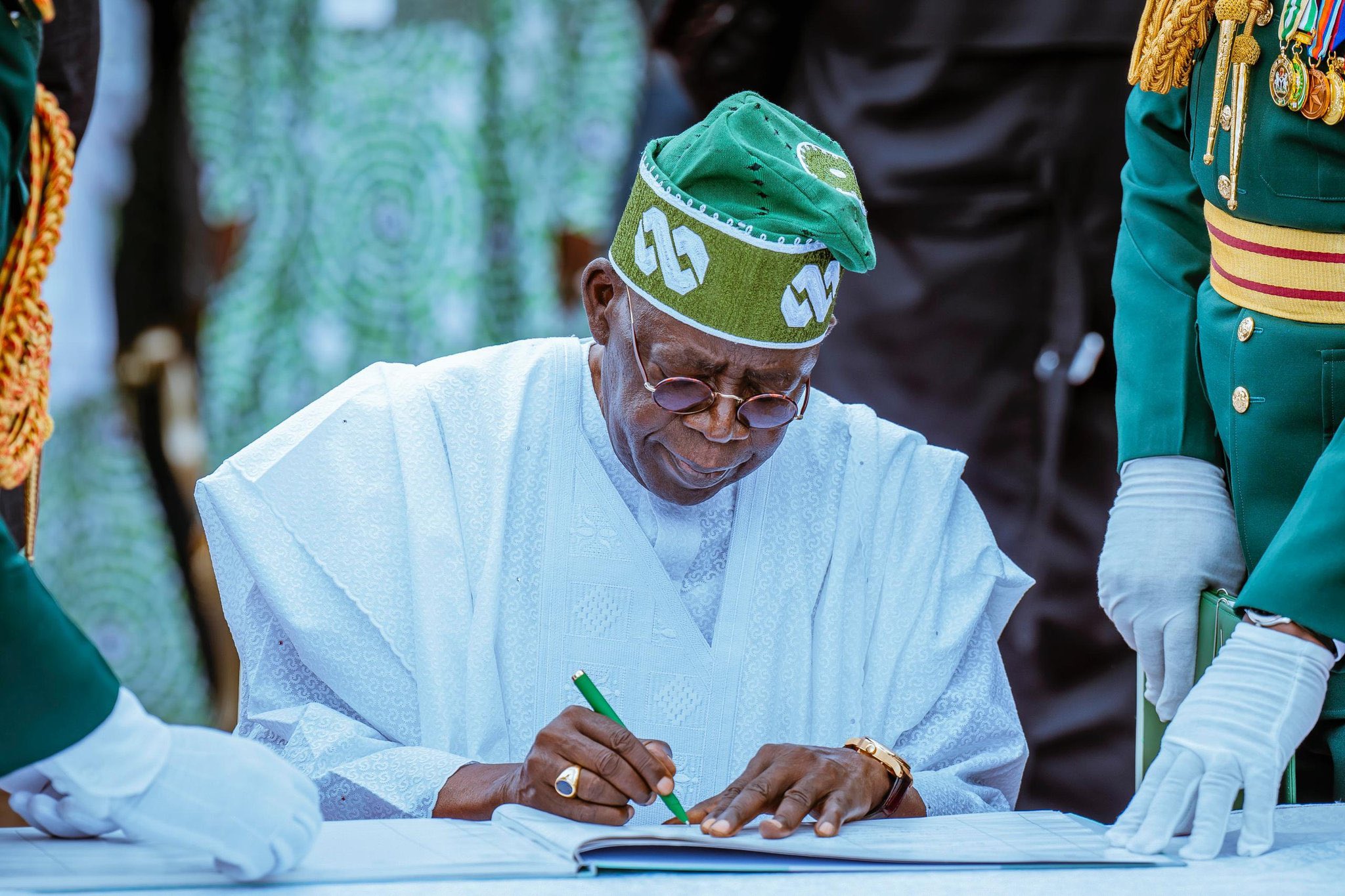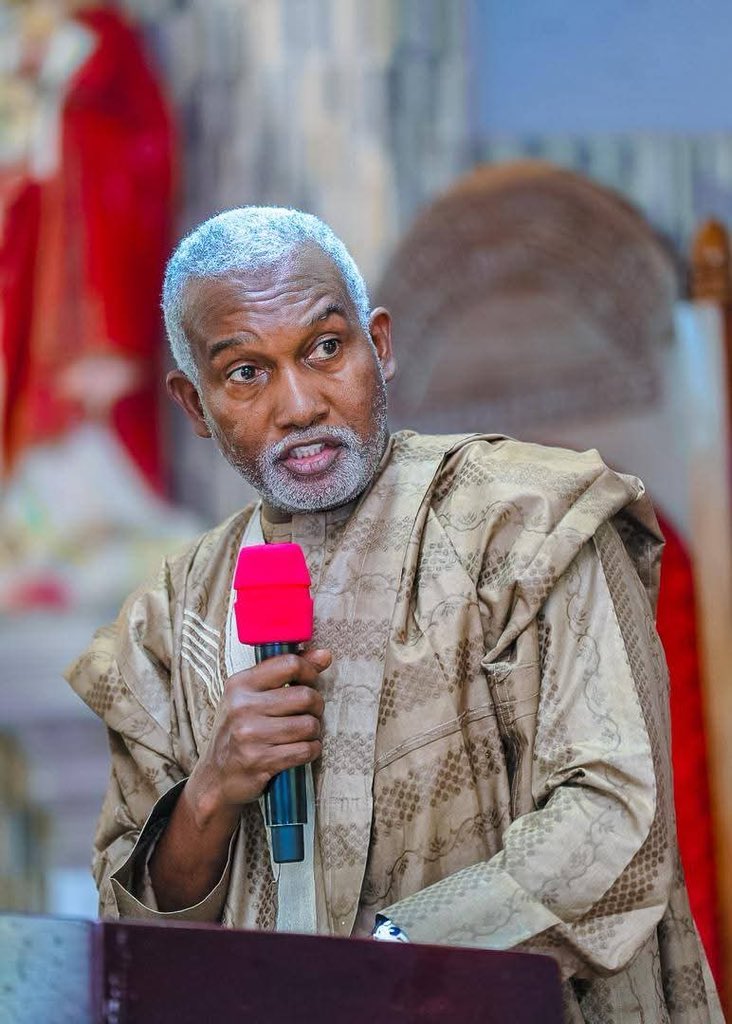Tinubu’s Uncertain Path To Re-Election: Regional Tensions, Economic Woes, And The Northern Challenge
JULIUS OGUNRO

President Bola Tinubu has increasingly become unpopular, especially in the north, without which his election as president would have been impossible in the first place. He won more votes up north than in the south, where LP’s Peter Obi was the man to beat.
Tinubu’s main electoral pitch as a presidential candidate was projecting his Muslim identity, which underscored the APC’s successful strategy of leveraging religion as a common denominator in the far north. The VP choice, which was against longstanding political convention, was also driven by religion—a sort of assurance to the Muslim north that in case anything happened to Tinubu, another Muslim would take his place. This was a slap on Nigeria’s diversity, but that is a different story.
With the widespread economic gloom today, the president has become unpopular across the board, in particular Arewa North. Does this not signal a death knell on any potential re-election bid, especially if the economy does not improve substantially by 2027? The answer is complex and not a simple binary choice of yes or no.
Nigeria’s presidential elections come with a lot of complexities. They are usually a competition among flawed candidates, and Nigerians’ choices are influenced more by emotions than hard, cold logic or long-term self-interest. Also, economics has rarely been a deciding factor in how our people vote, which usually follows ethnic, regional, or religious lines.
Chief Olusegun Obasanjo was a fairly good leader, and the economy did very well under him as president. It was during his leadership that the poverty ratio had reduced for the first time in decades, and socioeconomic indicators showed the country was on the right track with a thriving middle class. But during his re-election in 2003, President Obasanjo lost the entire core northern, or so-called Sharia, states to Buhari. Obasanjo, who had struggled in the south during the first election, won all the southern states in 2003, including the southwest states that he had earlier lost to AD/APP’s Olu Falae in 1999.
Muhammadu Buhari, who led Nigeria between 2015 and 2023, was a bad president by all socio-economic and political indicators. Bandits ravaged the north. Standards of living plummeted. Hunger and poverty increased. Ministers did as they wished without active supervision from the president, who was rarely seen outside the villa and outsourced leadership to aides. But that didn’t stop him from winning reelection on the heels of strong support from the North and the APC’s solid structure in the South, enabled by Southern politicians who hoped their support would be rewarded when the presidency moved down south.
Why would Tinubu’s case be different? To gain a second term, Nigerian presidential incumbents have often leaned on their regional home base and their party’s national structure to deliver. So, in theory, President Tinubu can hope to get more southern votes than he did the last time and then count on the top northern officials in his government to galvanize support for him in the region, thereby minimizing his loss of popular appeal there. And he has quite a few, with most of the leading northern politicians in bed with his administration, either as ministers or other shades of political appointees.
As happened with their southern colleagues under Buhari in 2019, the attraction for these northern politicians could be that the president can only do one more term, after which they would be the beneficiaries when the presidency moves up north. This allure of a northern presidency and strategic self-interest could make them hold the line, fighting tooth and nail to ensure another APC victory in 2027, despite the personal unpopularity of the president.
Well, that is on paper; realistically, things are not as simple as they seem. First, it is doubtful Tinubu can make the kind of inroads to the south that Obasanjo did in 2003. The APC’s Muslim/Muslim ticket is offensive to many in the Christian-dominated south, including many Yoruba Christians, who, as a matter of principle, will not vote for the ticket for its lack of inclusivity. Then, the appointments made by the president have been a lot skewed in favour of the southwest, alienating the other two regions in the south.
Perhaps the biggest factor that may count against Southern solidarity for the president in 2027 is the grievance arising from the ethnic profiling and attack on non-Yoruba, especially the Igbos, during the last elections in Lagos. This created a huge chasm and it is doubtful there is anything the president can say or do to bridge it.
However, President Tinubu has a few things going for him. Noticeably, a few staunch Southern critics have softened their stance, noting that the North only wakes up to complain about bad governance when it is the turn of a Southern president and that all the years of locusts under Buhari didn’t elicit editorial commentary from the Daily Trust, the media advocate for the north.
Also, the tax reform bill, with its emphasis on productivity rather than equity, has found significant support in the South. Groups like Pa EK Clark’s PANDEF and Afenifere, which are implacable foes of the President, have hailed it, in contrast to the groundswell of opposition from the North. These groups believe the proposed reformation of our taxation system is a form of resource control and ‘fiscal restructuring’’ that the South has yearned for long.
Could this signal a thawing of the anti-Tinubu stance and growing southern solidarity around the president? It is too early to say, and, in fact, doubtful based on the reasons enunciated above. The best political option for the president is to strengthen his alliance with the far north and hope that the opposition does not coalesce into one strong force against him. If a strong coalition emerges, his chances of retaining his job become bleaker, especially if the new coalition can find a popular following in the north. With Tinubu already weak in the south amongst Christians and the South-South and South East regions, any major decimation of his support in the north would spell doom for him.
But even with all this, the president has a joker up his sleeve. It is called: INEC.













